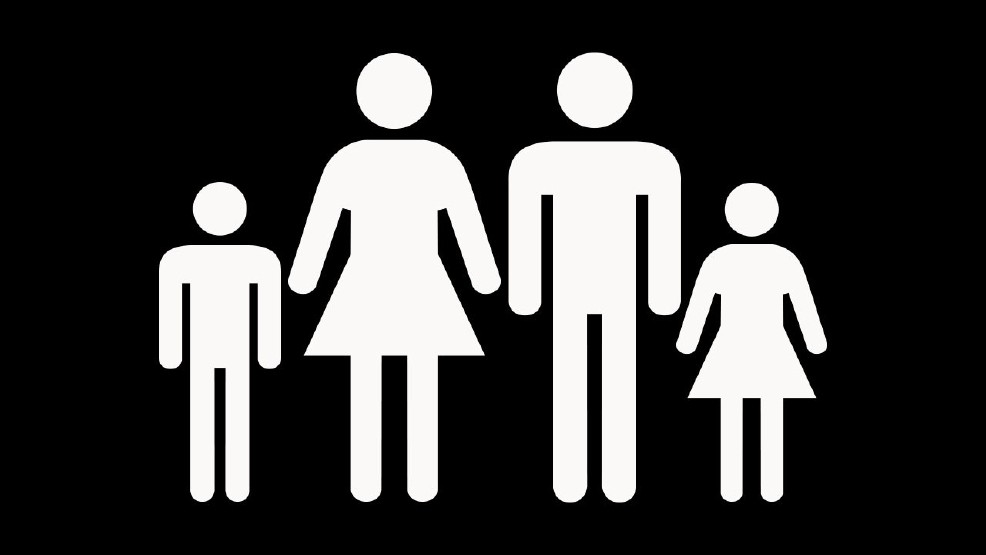The International Day of Happiness is marked on 20th March every year. Since 2012, the World Happiness Report has been released on the same day.
This report ranks countries based on well-being; it came into existence as the result of Bhutan’s efforts to promote a more holistic approach to development. Bhutan sponsored a resolution to consider happiness as a measure of progress, which was adopted by the United Nations General Assembly on July 19th, 2011. This led to the launch of the first World Happiness Report in 2012, providing a global ranking of countries based on factors influencing well-being. The UN declared March 20th as the International Day of Happiness on June 28th, 2012.
The UN declared March 20th as the International Day of Happiness on June 28th, 2012.
Since then, the World Happiness Report has been released annually around this date, offering insights into the state of global well-being and shaping discussions on policies aimed at improving quality of life.

This year as well, the World Happiness Report was released on March 20, ranking India 118th out of 147 countries with a score of 4.389. Compared to last year’s report, where India stood at 126th, the country has moved up eight places. However, despite this improvement, the current ranking still highlights a long road ahead in terms of overall well-being and progress.
Decoding the World Happiness Report
The World Happiness Report is produced through collaborative effort of Gallup, the Oxford Wellbeing Research Centre, the UN Sustainable Development Solutions Network, and the report’s Editorial Board.
This report serves as a key resource for understanding global well-being and its role in policymaking. Based on Gallup World Poll data, the report ranks countries annually by assessing life evaluations and analysing factors that influence happiness worldwide. The 2025 edition highlights the ‘impact of caring and sharing on well-being‘ while continuing its tradition of identifying the happiest country on Earth.
The 2025 edition highlights the ‘impact of caring and sharing on well-being‘ while continuing its tradition of identifying the happiest country on Earth.
The World Happiness Report ranks countries based on life evaluations using the Cantril Ladder (0-10 scale). Cantril Ladder scores are strongly correlated with factors like income, social support, health, personal freedom, and trust in institutions. Unlike emotional well-being measures, it focuses on life evaluation, making it a reliable tool for tracking global happiness trends. Gallup’s empirical approach ensures methodological accuracy, making the Cantril Ladder an essential component in understanding and improving well-being worldwide.

Six key factors determine happiness levels:
- Social Support – Having reliable relationships.
- GDP per Capita – Economic well-being.
- Healthy Life Expectancy – Longevity and health.
- Freedom to Make Choices – Personal autonomy.
- Generosity – Acts of kindness.
- Freedom from Corruption – Trust in institutions.
India moves up, but not forward: World Happiness Report 2025
The report released this year is the 13th edition of the World Happiness Report.
As per this report, India has improved its rank at 118th place as compared to 126th in 2024 but it is still behind its neighbouring countries like Nepal which secured 92nd position whereas Pakistan got 109th rank even after the condition of crises in the country. Also India’s rank is lower in happiness even in compared to conflict-ridden nations like Ukraine, which holds the 111th position, and Palestine, placed at 108th.
Despite its overall lower ranking in the World Happiness Report 2025, India performed well in aspects related to social support. The country ranked 10th in volunteering, the 57th position in donations, 74th rank in helping strangers, when it comes to a wallet return the 86th rank in trusting strangers, 93rd rank in trust in police and 115th rank in trusting neighbours.
The country ranked 10th in volunteering, the 57th position in donations, 74th rank in helping strangers, when it comes to a wallet return the 86th rank in helping strangers, 93rd rank in trust in police and 115th rank in helping neighbours.
The first three positions may suggest that India has strong social engagement, with generous charitable contributions and everyday acts of kindness extending beyond immediate circles. However, the remaining aspects bring deeper concerns about distrust of people in immediate circles and security apparatus provided by the government. People are more willing to trust strangers than the police, the lowest level of trust is reserved for neighbors.

The report also emphasised the significance of shared meals in strengthening social ties and promoting overall well-being. However, India ranks 132nd globally in meal-sharing frequency, with individuals partaking in shared eating experiences only about four times a week on average. This decline is largely driven by urbanisation and changing lifestyle patterns, which have led to a growing preference for solitary meals, especially among younger generations.
Major economies are slipping in global rankings
The World Happiness Report was published for the first time in 2012, since then for the first time ever, this has happened that none of the major industrial powers made it into the top 20.
The report highlights a broader trend that the Western industrial nations are generally less happy now than they were between 2005 and 2010. The US has hit its lowest-ever ranking at 24th, largely due to rising social isolation, economic inequality, and political division. The United Kingdom ranked 23rd, whereas China has also seen a notable drop, falling from 60th in 2024 to 68th in 2025.
The US has hit its lowest-ever ranking at 24th, largely due to rising social isolation, economic inequality, and political division.
The decline is being linked to the lasting effects of the COVID-19 pandemic, increasing unemployment, and growing social discontent, all of which have heightened stress and anxiety, negatively affecting the overall well-being of humans.
Happiness is not directly proportional to economic growth
The 2025 World Happiness Report presents a striking contrast between economic growth and actual well-being. While India has climbed in rankings, its position behind crisis-hit nations like Ukraine and Palestine raises serious concerns about institutional trust, and quality of life.

Globally, the decline of major economies in happiness rankings poses a challenge to the belief that economic growth is key to happiness and validates the idea that happiness extends beyond wealth and it can be embedded in as common activities
as sharing meals with others or having a reliable support system in the form of empathetic friends or compassionate family.
Rising social isolation, inequality, and political instability are eroding well-being in countries, once considered global leaders of economic growth. The persisting effect of COVID-19 pandemic, economic uncertainty, and changing lifestyles have reshaped how people perceive happiness. The report makes it clear that material success alone does not guarantee happiness. Nations with high GDP but low trust and poor social connections continue to fall behind. Economic growth is not the only challenge now but fostering an environment where people feel secure, valued, and socially connected.





